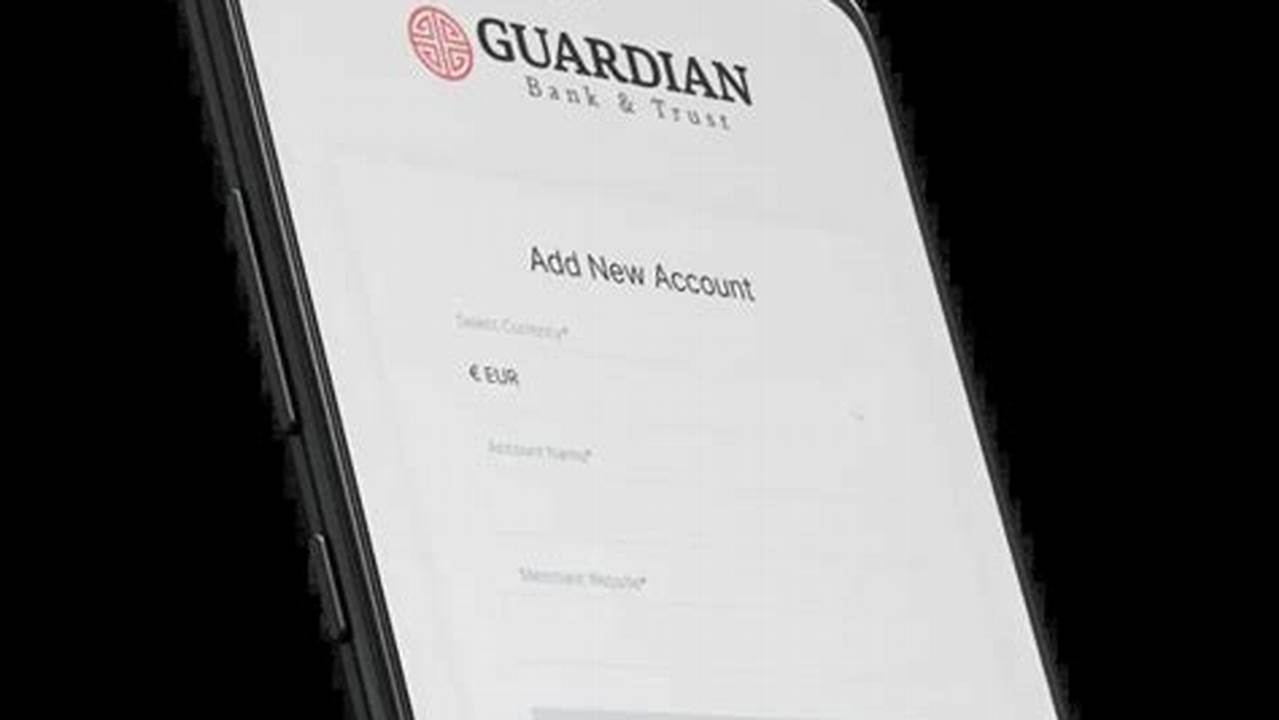Custodial accounts offer a valuable tool for managing finances on behalf of a minor. They allow an adult to oversee and control funds until the beneficiary reaches the age of majority. This comprehensive overview explores the essential aspects of these accounts, providing a roadmap for their effective utilization.
Types of Custodial Accounts
Various account types exist, each with specific regulations and potential benefits. Understanding these distinctions is crucial for selecting the most suitable option.
Account Setup Process
Establishing a custodial account involves specific procedures and documentation. This section outlines the necessary steps for a smooth and efficient setup.
Managing Custodial Funds
Proper management ensures the funds are utilized responsibly for the beneficiary’s benefit. Guidelines and best practices are crucial for responsible oversight.
Tax Implications
Custodial accounts have tax implications that require careful consideration. Understanding these aspects is essential for financial planning.
Legal Responsibilities of the Guardian
The guardian assumes legal responsibilities when managing a custodial account. This section outlines the fiduciary duties and legal obligations involved.
Transferring Ownership upon Maturity
When the beneficiary reaches the age of majority, the account ownership must be transferred. This section explains the process and requirements for a seamless transition.
Benefits of Custodial Accounts
These accounts offer several advantages for both the guardian and the beneficiary. This section highlights the key benefits and their long-term impact.
Common Pitfalls to Avoid
Navigating the complexities of custodial accounts can present challenges. This section identifies common pitfalls and provides strategies for avoiding them.
Tips for Effective Management
Maintain meticulous records of all transactions and account activity for transparency and accountability.
Regularly review the account performance and make adjustments to the investment strategy as needed.
Communicate openly with the beneficiary about the account’s purpose and how the funds are being managed.
Seek professional financial advice to ensure the account aligns with the beneficiary’s long-term financial goals.
What are the age limits for beneficiaries?
The age of majority varies by jurisdiction, typically ranging from 18 to 21 years old.
Can the funds be used for any purpose?
While the guardian has discretion, the funds are intended for the beneficiary’s benefit, such as education, healthcare, or general welfare.
What happens if the guardian becomes incapacitated?
Provisions should be made for a successor guardian to ensure the account’s continued management.
How can I find a qualified financial advisor?
Consult with reputable financial institutions or seek referrals from trusted sources.
What documentation is required to open an account?
Typically, you’ll need the guardian’s and beneficiary’s social security numbers, birth certificates, and proof of address.
Can a custodial account be opened for a disabled individual beyond the age of majority?
Yes, specific types of custodial accounts can be established for individuals with disabilities, regardless of age.
Custodial accounts provide a secure and structured mechanism for managing assets on behalf of a minor. By understanding the intricacies of these accounts, guardians can effectively fulfill their responsibilities and ensure the beneficiary’s financial well-being.



